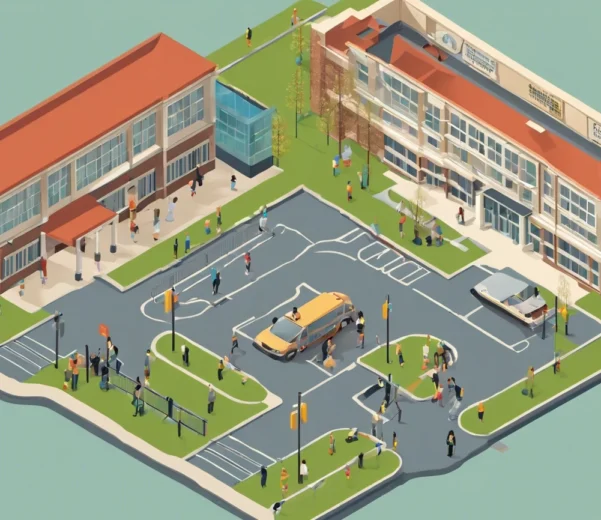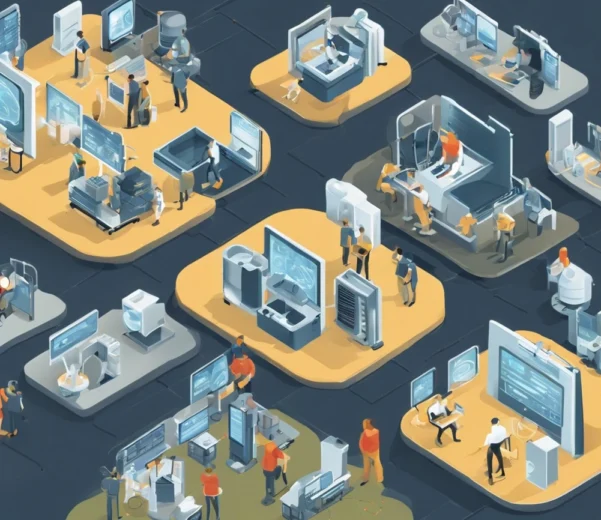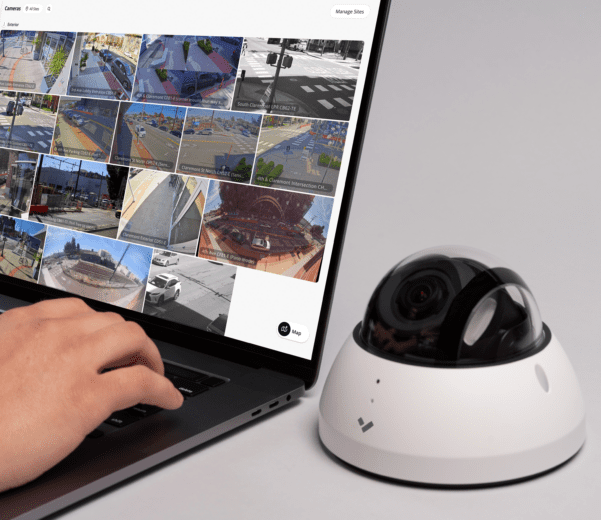Physical Security Modernization
Modernizing for Today’s Threats
Security threats are evolving, and so must your security systems. Physical security and access controls form the backbone of any comprehensive security strategy, but reliance on outdated, legacy systems can leave your organization vulnerable. It’s time to modernize and protect your assets, people, and data with the latest technologies.
Physical Security
Physical security refers to the protection of personnel, hardware, software, networks, and data from physical actions and events that could cause serious loss or damage to an institution, agency, or enterprise. This includes protection from fire, flood, natural disasters, burglary, theft, vandalism, and terrorism.
Access Controls
Access controls are systems that allow or restrict entry to a facility, area, or device. They can range from simple lock-and-key systems to advanced biometric identification systems that manage who can enter sensitive areas and when.
Why Modernize Legacy Security Systems
- Evolving Threats
- Efficiency
- Enhanced Controls
- Realtime Response
- Cost Effectiveness
Evolving Threat Landscape
The nature of security threats has changed dramatically over the past decade. Legacy systems, often designed for simpler, more predictable risks, are no longer sufficient to protect against sophisticated cyber-physical threats. Modern security demands a multi-layered approach that integrates both physical and digital elements to provide robust protection.
Improved Integration and Efficiency
Modern security systems integrate seamlessly with digital tools like cybersecurity measures, making them part of a cohesive defense strategy. For example, today’s systems can link access control with surveillance cameras and alarm systems, providing a more efficient and responsive security setup.
Enhanced Access Control
Legacy systems often rely on outdated methods like keys or simple card access, which can be easily compromised. Modern access control systems utilize advanced technologies like biometrics, multi-factor authentication, and mobile credentials, significantly reducing the risk of unauthorized access.
Real-Time Monitoring and Response
One of the most significant advancements in modern security systems is the ability to monitor and respond to threats in real-time. Integrated systems can alert security personnel to potential issues immediately, allowing for a faster, more coordinated response.
Cost-Effective and Scalable
While upgrading may seem costly upfront, modern systems are more cost-effective in the long run. They are scalable, meaning they can grow with your organization, and often require less maintenance than outdated systems. Automation also reduces the need for manual oversight, cutting down on labor costs.
Key Features of Modern Security Systems
-
AI-Integrated Surveillance
Modern surveillance systems use high-definition cameras combined with AI-driven analytics to monitor activity and detect unusual behavior.
-
Cloud-based Management
Manage your entire security infrastructure from a central, cloud-based platform, providing flexibility and control even when off-site.
-
Biometric Access Controls
These systems use fingerprint, facial recognition, or retinal scans to ensure that only authorized personnel can access sensitive areas.
Steps to Modernize Your Violence Prevention Program
Start with a comprehensive audit of your current systems to identify vulnerabilities and areas for improvement.
Based on the audit, create a plan that prioritizes upgrades based on risk, cost, and potential impact.
Select security solutions that align with your organization’s needs and goals. Consider factors like scalability, integration capabilities, and user-friendliness.
Roll out the new system in phases to minimize disruption. Ensure that all staff are adequately trained on how to use the new technologies.
Security is not a one-time investment. Regular reviews and updates are crucial to stay ahead of emerging threats.
Partners We Trust

Ready to improve your Violence Prevention Program?
Maintaining a robust violence prevention program isn’t about implementing a one-time solution, but rather about continuously evolving and adapting your security strategies to address new and emerging threats. Let discuss how we can help your team protection your students, staff and citizens.














